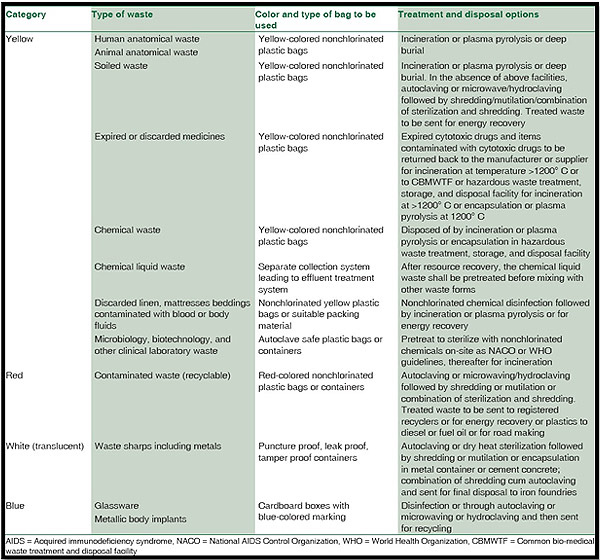Excitement About Reclaim Waste
Excitement About Reclaim Waste
Blog Article
The Ultimate Guide To Reclaim Waste
Table of ContentsSome Known Factual Statements About Reclaim Waste An Unbiased View of Reclaim WasteThe Best Guide To Reclaim WasteReclaim Waste Fundamentals ExplainedIndicators on Reclaim Waste You Need To Know
Explore the kinds, incidents, and types of fluid waste. Domestic sewer waste refers to the waste and items from a residential septic storage tank. This kind of waste is developed by human beings in houses, colleges, and other structures. This only consists of septic containers that have a drainpipe area. The proper management and disposal of domestic sewer waste need fluid waste to be moved to a sewer therapy plant where the correct approaches and tools are applied to detoxify and dispose of waste.
Commercial waste commonly consists of possible risks, such as combustible materials or a mixture of fluid and solid waste products, and calls for an advanced and thorough disposal process. The disposal of business waste commonly involves the filtration of waste before transportation to ensure risk-free and appropriate disposal. Industrial waste is developed from results and overflow of commercial procedures and production.
This kind of waste can not make use of the same sewer monitoring transportation or processes as septic or business liquids. The commercial waste administration process calls for the examination and testing of fluid waste before it undertakes the disposal process (liquid waste removal melbourne). Drainage waste is the fluid waste that originates from drainage and excess stormwater in extremely booming areas or cities
Runoff waste can cause contamination and flooding if not taken care of properly. Making sure appropriate waste management can stop disasters and reduce ecological damage.
Our Reclaim Waste PDFs
Call PROS Solutions today to discover about our waste management and disposal solutions and the appropriate means to look after the liquid waste you generate.
(https://hearthis.at/leon-aube/set/reclaim-waste/)Do you understand what takes place to your water when you disengage, purge the bathroom or drain the cleaning maker? No? Well, it deserves recognizing. This so-called 'wastewater' is not only an essential source however, after treatment, will certainly be released to our land, waterways or the sea. Utilized water from bathrooms, showers, bathrooms, kitchen sinks, washings and commercial procedures is called wastewater.

water utilized to cool machinery or clean plant and equipment). Stormwater, a form of wastewater, is runoff that streams from agricultural and urban locations such as roofing systems, parks, gardens, roadways, courses and gutters into stormwater drains pipes, after rain. Stormwater streams neglected directly to regional creeks or rivers, at some point reaching the ocean.
The Buzz on Reclaim Waste
In Queensland, most wastewater is treated at sewage treatment plants. Wastewater is carried from residential or industrial websites via a system of sewers and pump terminals, called sewage reticulation, to a sewage treatment plant. Neighborhood governments construct, keep and operate most sewer therapy plants. Operators are certified under the Environmental Management Act 1994 to release treated wastewater at an acceptable environmental criterion right into waterways.
The Department of Natural Resources advises city governments regarding handling, operating and maintaining sewerage systems and therapy plants. In unsewered locations, local governments may require householders to mount individual or household sewage therapy systems to treat domestic wastewater from bathrooms, cooking areas, bathrooms and laundries. The Division of Natural Resources authorizes using household systems when they are confirmed to be efficient.
A lot of stormwater receives no treatment. In some brand-new communities, treatment of some stormwater to eliminate clutter, sand and gravel has actually started utilizing gross toxin traps. Wastewater treatment occurs in 4 phases: Removes solid matter. Bigger solids, such as plastics and other objects incorrectly released to sewers, are gotten rid of when wastewater is travelled get redirected here through screens.
Makes use of little living microorganisms knows as micro-organisms to break down and remove staying liquified wastes and fine particles. Micro-organisms and wastes are integrated in the sludge.
What Does Reclaim Waste Do?
Nutrient removal is not available at all sewer treatment plants because it needs expensive specialized tools. Clear liquid effluent created after treatment might still contain disease-causing micro-organisms - liquid waste disposal.

The majority of wastewater moves right into the sewerage system. Under the Act, regional governments carry out authorizations and licences for environmentally relevant tasks (Periods) involving wastewater releases that may have a local influence.
Reclaim Waste Fundamentals Explained
Tracking offers accurate information regarding water high quality and can validate that permit problems are being satisfied. The information acquired through surveillance supplies the basis for making water top quality choices.
Report this page